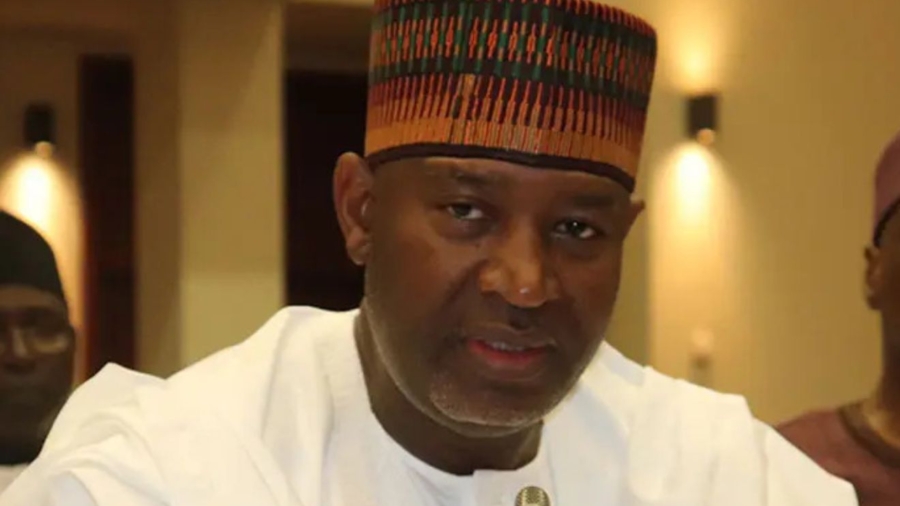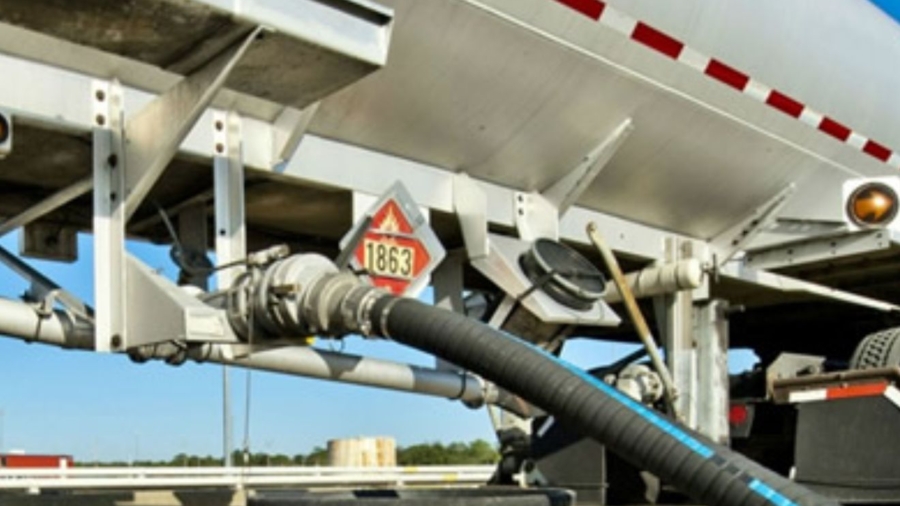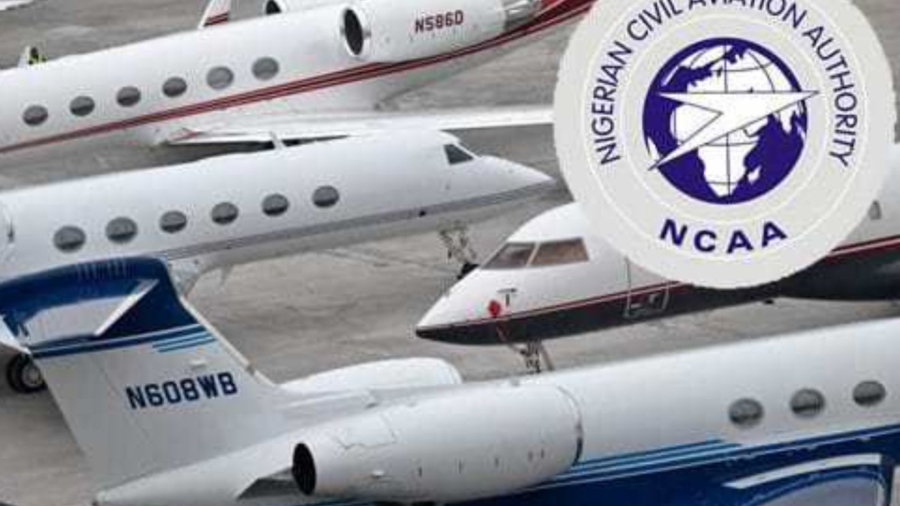Following the termination of Nigeria Air joint venture with Ethiopian Airlines, stakeholders have said former Aviation Minister, Hadi Sirika, ignored warnings against going into the failed project.
Last week, Ethiopian Airlines announced that the Nigerian government had lost interest in following through with the partnership.
The airline’s Group Chief Executive Officer, Mesfin Tasew, had said: “The Nigeria government has lost interest in partnering with a foreign airline.”
Therefore, the industry experts commended the federal government for the action it took, saying Emirates, Qatar, Etihad and Turkish Airlines shunned the former minister when he came up with the project.
They spoke in separate conversations with Vanguard, cautioning government against floating another national carrier.
Why it failed
A former military commandant at the Murtala Muhammed Airport, Group Captain John Ojikutu, retd, said: “Going by what I know, I told Sirika that a national carrier wouldn’t work because they wanted to start it as a government carrier.
”If I may ask, how many countries are into national carriers now? It is only very few countries and you will find that the population of those countries are probably less than 50 million.“Those are the type of countries that can talk about establishing a national carrier, not Nigeria. For us, we cannot set up a national carrier. What we can do is to set up a flag carrier. They should set up a flag carrier and forget about this issue of national carriers because it won’t work.”
Disrespect agreements
Also speaking, former spokesperson of the defunct Nigeria Airways, Mr Chris Aligbe, said: “When Sirika was marketing Nigeria Air, because I followed the whole procedure, I saw he went on an extensive marketing to Emirates, Qatar, Etihad, Turkish Airline and even Pegasus, who said ‘no, they were not interested in investing’.
“Our country is known globally as a country that doesn’t respect agreements. That is our emblem. Today, Nigeria is blacklisted by aircraft leasing companies. That is why we see wet lease, not dry lease aircraft.
”No Nigeria airline can get a dry lease because two airlines in Nigeria undermined the Cape Town Convention on international interests in mobile equipment. It is one of the reasons, with all the marketing Sirika did, when they advertised Nigeria Air, it was only Ethiopian Airline that applied.”
Future plans
Former Minister of Aviation, Air Vice Marshal Anthony Okpere, retd, on his part, said if there were plans to establish a national carrier in future, “what Federal Government should do is designate Air Peace and Ibom Air as the country’s carriers.
”To start all over again by buying aircraft or going to rent aircraft and start painting it to deceive Nigerians will not work. We need to develop our internal capacity and expand it.
Source: Vanguard










